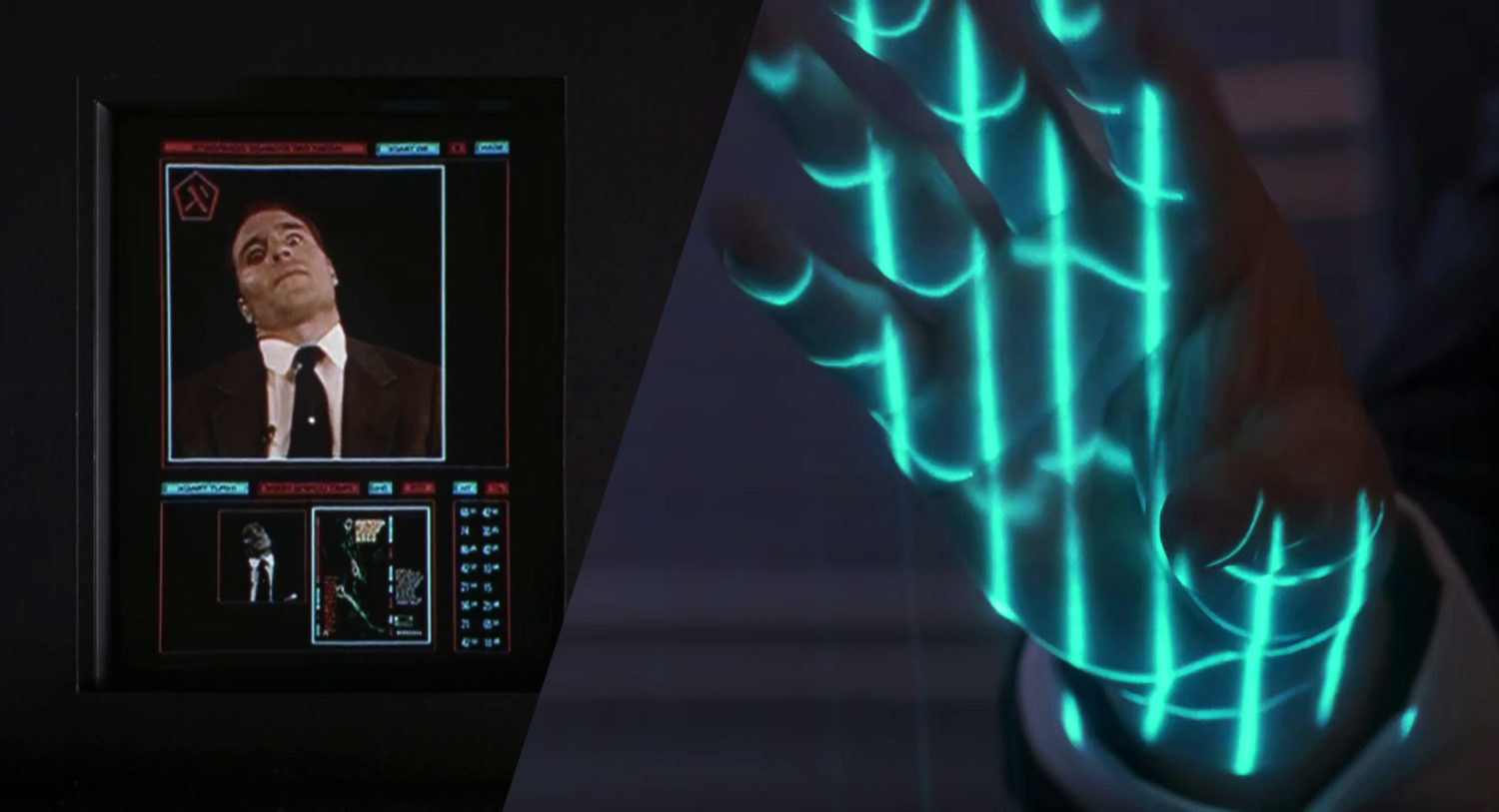
Unemployed and making $300 per month on Twitch, she could no longer afford her apartment. But just before Miko was forced to pack it in, she had a breakthrough: Viewers, she discovered after three months of slow progress, would happily pay to murder her.
Kotaku, Nathan Grayson: CodeMiko Is The Future Of Streaming, Unless Twitch Bans Her First
It’s fitting that the post title is a Gibson quote: My first memory – outside of comics and such – of someone doing a real-time video conferencing face replacement is from Johnny Mnemonic. Perhaps peak “even distribution” was reached by cat lawyer and we’re not as easily impressed anymore, but the article shows that you can’t automate talent and how much work is required to get by if you want to innovate.
He wasn’t prepared to name what the experience pointed to: that he had been visited by my sister’s ghost. Like other secular North Americans, he is aware that we must uphold a certain paradigm and say “this cannot be.” After all, Doug considers himself a rationalist: the son of an engineer, himself an amateur astronomer. Nevertheless, the sensed presence mattered deeply to him. “It was,” he said, “a remarkable, indelible experience.”
The Walrus, Patricia Pearson: Why do we see dead people?
I’m very much of the “this cannot be” persuasion, but there’s something to be said of accepting your experiences as meaningful even if they’re not “real” in a measured sense. I’m not sure if I can mention any examples that I myself follow, but I wish that I’d be more open-minded and see what the consequences of an experience are, rather than get stuck on a notion of “this is imaginary.” This comes up when I and Sara discuss supernaturan stuff, since she’s much more open to those notions than I – I’m fine with not knowing why something is happening, while Sara is closer to taking something as read, so it ends up as a stalemate if all we’re concerned with what something is, rather than what it can mean or how it effects us.
It’s a lovely thought, but the problem is that if a fact checker had a go at this book and removed all the howlers, there would be absolutely nothing left. As I said in the beginning, Wolfe’s goal in this book was to smash one or two of our intellectual icons, and an icon did end up smashed to pieces. The problem is that Wolfe is that icon.
3:AM Magazine, E.J Spode: Tom Wolfe’s Reflections on Language
Spodes review of Wolfe’s book The Kingdom of speech is a fantastic breakdown of an apparently poorly researched critique of Chomsky’s theory of language. It’s rejuvenating to read a text where the reviewer actually has put time into tracking down faults and fact checking statements, not taking them on authority.
The review also struck a chord with me more intimately: Occasionally when I write about things or discuss them with my friends, I have a tendency to view the discussion as a posturing more than an exchange of ideas. There are always ways of talking within a group which has more to do with positioning yourself socially and reinforcing a communal behaviour or belief than with anything else – and that is fine and good and how discourse works – but when there’s too much of that, when banter is not just the mortar but also the bricks and beams and windows of our metaphorical communal house, it makes for a crappy house.
Or to put it another way: I get tired of myself when I realise that I’m talking shit, and have to remind myself to stop.